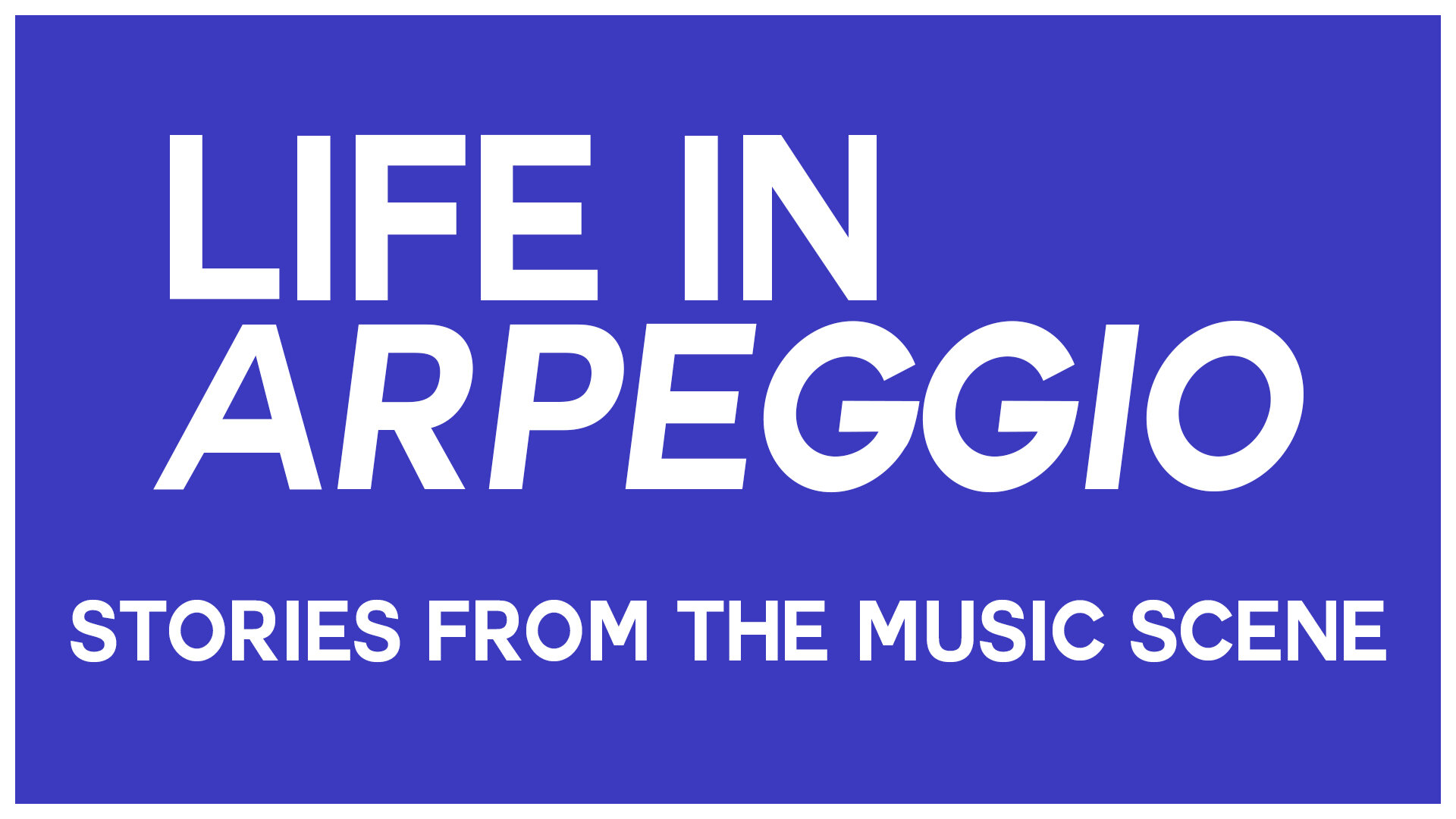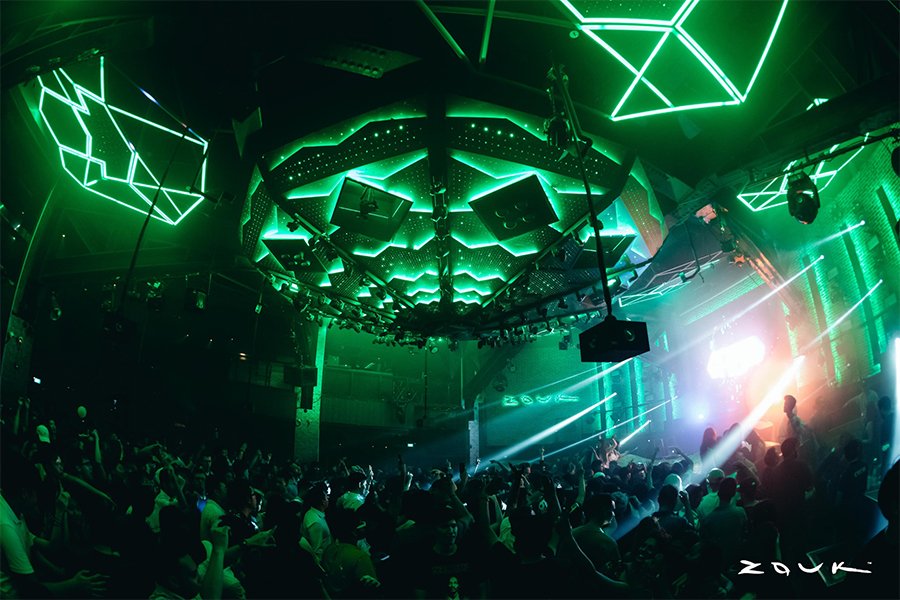From Club To Empire: The Zouk Of Today Has Changed, But Its Heart Remains The Same
31 years later, is this the Zouk you recognise? (Credit: Zouk Group)
Basking in house heaven orchestrated by Danny Tenaglia and John Digweed. Chugging a pre-game Long Island Tea at Wine Bar. Raving sideways at a techno-tuned PARA//EL night at Velvet Underground. Bumping shoulder-to-shoulder with a sardine-packed crowd during hip-hop affairs at Phuture. Imitating the Mambo Jambo choreography of “Bizarre Love Triangle”. Bidding farewell to Jiak Kim and embracing a new chapter at Clarke Quay. Ushering in the golden hour at ZoukOut year after year.
31 years of legacy. 31 years of memories. From gateway transitions to juggernaut spectacles, generations of local partygoers have a deep-seated experience affixed to the undying heritage of Zouk.
Jeremy Boon is still a staunch ambassador of the Zouk brand as one of its beloved residents (Credit: Zouk Group)
Its story is historic; one that has been documented over and over across the evolving annals of Singapore’s nightlife industry. Its influence and foundation-building impact remain undisputed, even as it’s adapted to the gravitational pulls of global trends and business growth. The Zouk you know today is not what it was decades ago. And while this triggers fervent debates between seasoned ‘old-timers’ who cling onto traditions and those who fluidly embrace the necessity of change, there’s no repudiating the unshakeable truth – that Zouk, amidst all its iterations, sways the pulse and progress of the rave community.
The idea of Zouk existing merely as a club is long dead. Under the aegis of the Zouk Group, the Zouk of today is an empire. We live in a day and age where Zouk cruises liners sail the seas and Zouk concepts glow on the Las Vegas strip. It’s become a prime lifestyle brand that’s even flourishing in the F&B space from renowned burger joints to sushi omakase restaurants. It’s a staggering vision that’s come a long way from what started out as a club in a restored warehouse in 1991. But with its massive strides across the world, is Zouk embarking on a journey that’s still relatable to the Singaporean reveller?
Zouk at Sea takes place on Genting Dream (Credit: Zouk Group)
And Zouk even launched in Las Vegas in 2021 (Credit: Zouk Group)
The answer was made clear when the pandemic hit. While Zouk Group began paving the road towards diversification, it didn’t stop the music. In the midst of the notorious nightlife ban that silenced the nation, the institution attempted to raise scene morale through initiatives like live-streams and closed-door ‘cloud clubbing’. And when the dust finally settled in April 2022, Zouk officially reopened and leapt back into the fray with its string of residencies, stoking the flame of a doused generation that had missed – or had never experienced – the euphoric sensation of a club come alive.
Have you heard? Techno’s making a comeback in Phuture (Credit: Zouk Group)
Zouk’s revival was a turning point for a scene that’d been eagerly paying attention, even amongst those who cared little for the dominantly commercial temperament that its halls prefer to brandish. But even in this aspect, there are flickers of change that evoke nostalgia of a more classic Zouk. Simmering beneath the bonanza of EDM and hardstyle nights are events that’ve pushed more niche sounds. Capital, for instance, continues to fly the trance flag high with its Transfix adventures, and Phuture just launched its Phuture Underground parties that’ve brought techno back to Zouk. The long-awaited return of ZoukOut after a three-year hiatus also shows this willingness to revisit a more eclectic musical philosophy, with a programme that’s included tech-house and future bass into the equation.
Now where does Zouk go from here? With the scene finally back in the pink of health, Zouk’s persuasive movements on the chessboard matter now more than ever. I catch up with Tyler Hendrie – the Assistant Director of Marketing and Branding in Zouk Group – to understand the manoeuvres of its ginormous yet grounded evolution, and how it continues giving back to a community that it helped build so many years ago.
Zouk continues to educate and exhilarate a post-pandemic generation of clubbers (Credit: Zouk Group)
Congratulations on your comeback. What can you tell us about this current post-pandemic generation of party kids? Is it an electricity that feels different from before?
Thank you, it feels great to be back! It’s been a combination of both new and returning guests, and the electricity we’ve felt since opening our doors has been simply amazing.
The sounds of the electronic music industry are always evolving. How does Zouk strike a balance between preserving classic sounds and catering to new trends?
We have a fantastic team that pays attention to trends and constantly shares ideas. We also listen attentively to our guests and remain open to feedback based on their experiences.
Zouk hosted Madeon earlier this year for its 31st anniversary (Credit: Zouk Group)
Zouk has always been known for its eclectic roster of resident DJs who hold the fort. What can you tell us about the strengths of this current roster?
That’s exactly how we feel, and the resident roster is as strong as ever with all dance genres covered. We have veterans like Jeremy Boon, Hong, and Ghetto, and familiar faces like ChéMolly and Rattle. These are the DJs that put smiles on faces and people on the dancefloor time and time again.
How do you choose which residencies to promote, and are you looking to launch any new ones down the road?
This goes along the lines of preserving classic sounds and being at the forefront of music trends. We bring residencies to fruition by following our hearts and striving to make them work. Staying true to our brand and remaining relevant in the scene means that we’re open-minded and authentic when it comes to our events, residencies and music programming.
ChéMolly is one of the handful of residents diversifying the sound of the superclub (Credit: Zouk Group)
Zouk’s also finally begun bringing down international talents. Will we be seeing more regular bookings of such acts? What are the limitations?
We’ve already entered a regular schedule when it comes to international talent and will continue to push for more of these events. Being a global brand – which includes Singapore, Malaysia, and the US – means we can align and support each other when it comes to booking the best of the best. We are only limited in the number of guests that can fit inside Zouk at one time; a fortunate problem for us, but one that can frustrate guests that want to experience a DJ. Our advice is to book in advance, then you won’t miss a thing.
Zouk has grown beyond its identity as a superclub, bringing communities together with lifestyle elements spanning F&B and even fitness. With music back in full swing, will Zouk continue expanding on these areas? And if so, how?
Absolutely, and our additional concepts outside the club scope are a testament to our commitment in being a global lifestyle brand. Here in Singapore, we’ve opened RedTail Bar by Zouk, Here Kitty Kitty (speakeasy cocktail bar), Sushi Ichizuke (omakase), Maison Shūko (French-inspired Japanese fare), and Five Guys (which we franchise in Singapore and Malaysia). With more amazing concepts in the pipeline, even after 31 years, this is just the start.
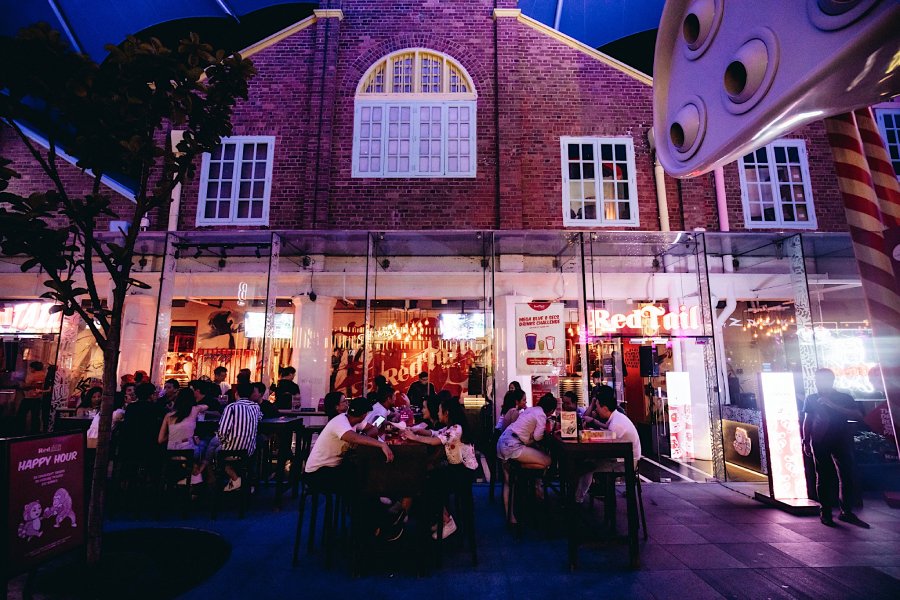
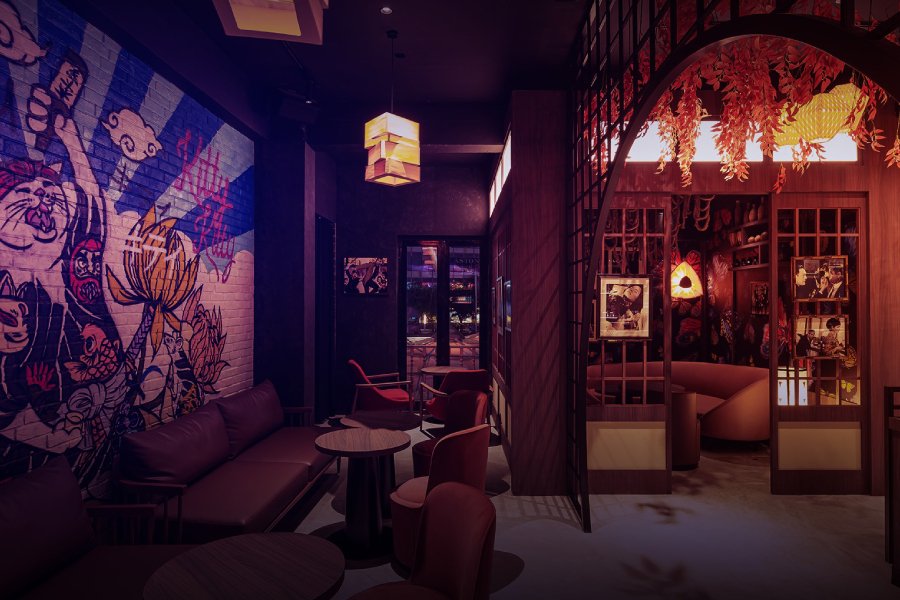
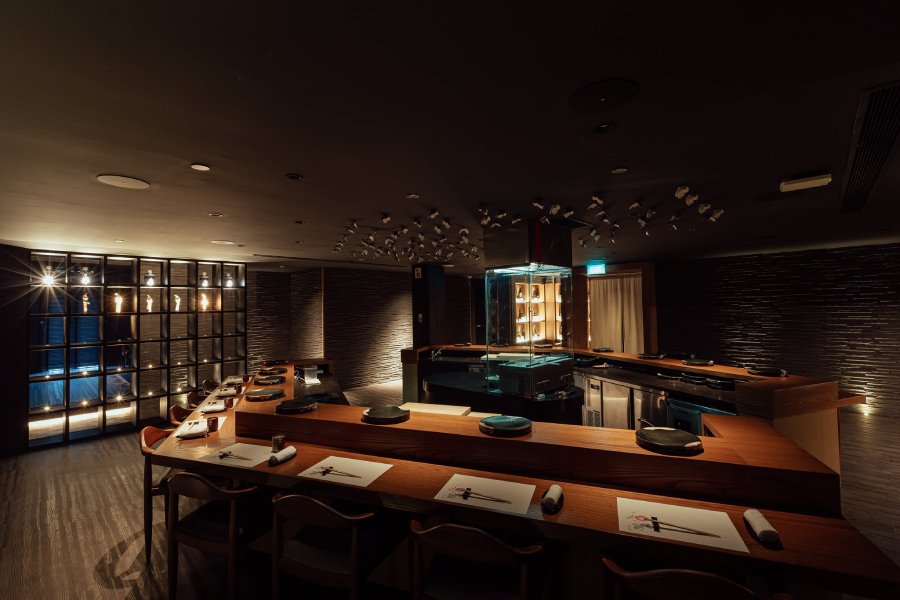
Zouk is an undeniable institution that transcends generations, kick-starting the clubbing journeys of many in the local scene who are considered ‘old-timers’ today. How does Zouk keep thing appealing for seasoned veterans to want to come back?
It’s different for every guest, but it usually boils down to experience. If you deliver a positive and memorable experience, guests will come back, again and again. Our commitment to caring about experience is contagious, and that’s something that appeals to all people.
With its longstanding legacy, Zouk is still admired as a champion of the local industry. Does Zouk still pay attention to the new developments happening within the community, big and small? And how does it hope to keep on inspiring the scene?
We’re thrilled and humbled to have such a long and successful legacy. Zouk started in Singapore, and we will always honour these deep roots, no matter how far we spread our wings. Truth be told, Singapore and our guests are the ones that inspire us, and we want to maintain that relationship for many more years to come.
(Credit: Zouk Group)
(Credit: Zouk Group)
(Credit: Zouk Group)
(Credit: Zouk Group)
(Credit: Zouk Group)
(Credit: Zouk Group)
Zouk Singapore, 3C River Valley Road, Singapore 179022. Visit Zouk’s official website for more information.
